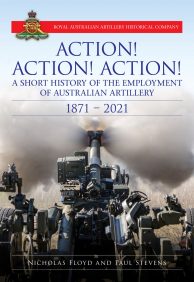
Australia at a Crossroads
Copied from Bently Blog
In recent decades, the Western world, led by the United States, has intervened globally to defend human rights and national sovereignty, often appearing victorious. This was epitomized by Francis Fukuyama’s “End of History” theory, which posited the ultimate triumph of liberal democracy after the Soviet Union’s collapse. However, this optimism has waned with the resurgence of Russia and China, challenging the post-World War II order.
Samuel Huntington’s “Clash of Civilizations” suggested that future conflicts would be cultural rather than ideological, a theory partially validated post-9/11. Nonetheless, both Fukuyama and Huntington’s broad predictions have faltered in the face of current global dynamics. The rise of autocratic powers like Russia, China, and Iran mirrors the alliances of World War II, positioning them against the economically stagnant and politically divided Western nations.
The transition from manufacturing to service economies has made countries like Australia dependent on China’s manufacturing strength. Meanwhile, political divisions and economic challenges within Western societies have eroded the foundations of meritocracy, individualism, and liberty, weakening the narrative of the “good guys.”
Historian Niall Ferguson highlights the growing coordination among China, Russia, Iran, and North Korea, posing significant threats to democracies. China’s substantial economic and technological resources far exceed those of previous U.S. rivals, underlining the gravity of the current geopolitical landscape. Multilateral organizations like the Shanghai Cooperation Organisation (SCO) and BRICS further support these revisionist powers, enhancing their global influence.
China’s significant military build-up, coupled with the West’s industrial decline, exacerbates concerns about readiness for future conflicts. The West’s lack of preparation for these emerging threats creates a perilous environment reminiscent of pre-World War II tensions.
Australia faces unique challenges amid this global shift. Economic stagnation, political polarization, and a sense of disconnection plague the younger generations. Policymakers and the public must recognize the urgency of building economic resilience and capacity. Strengthening the economy is crucial for deterring aggression and ensuring national security.
In conclusion, Australia must abandon the complacency of the “End of History” mindset. By embracing economic opportunities and enhancing resilience, Australia can navigate the complexities of the new world order and secure its future in an increasingly dangerous global environment.




